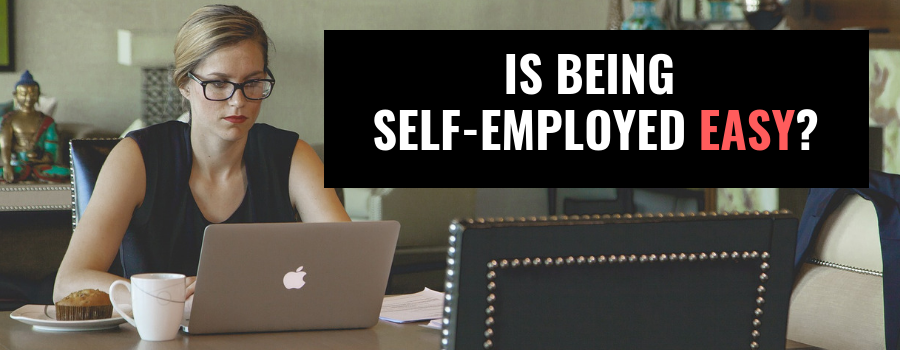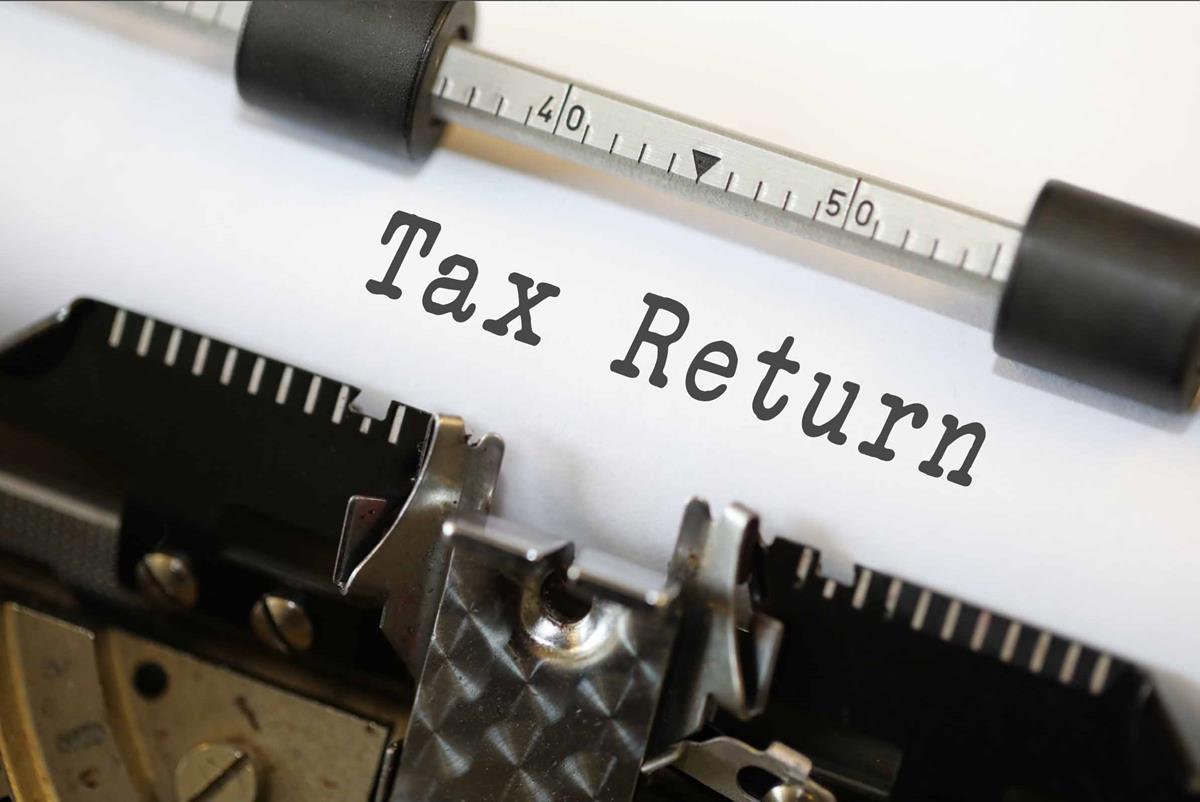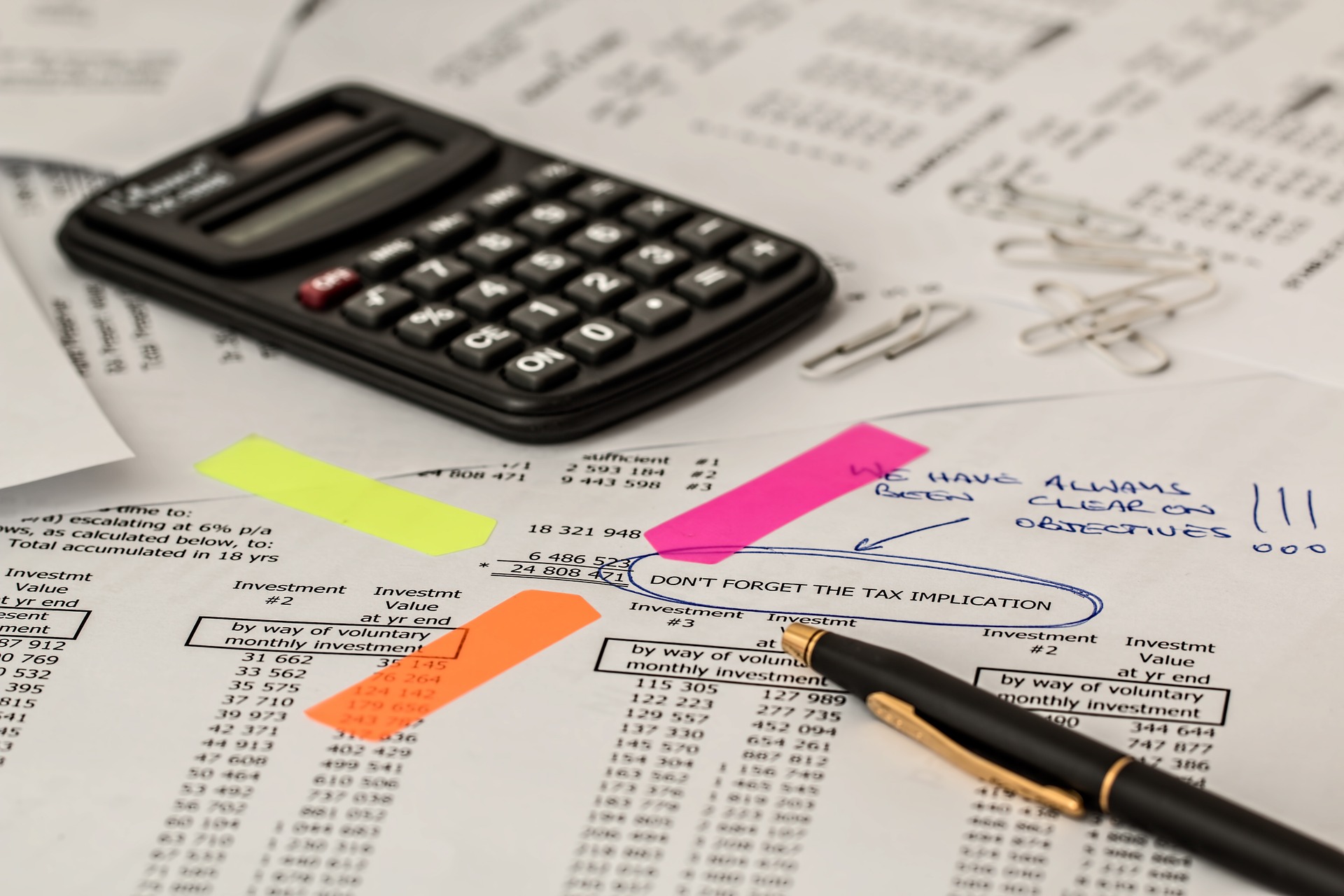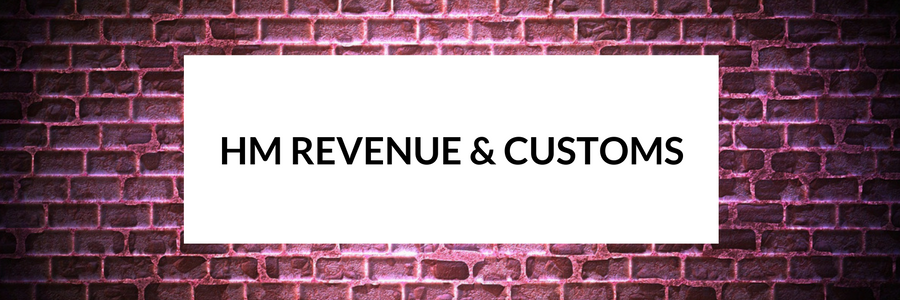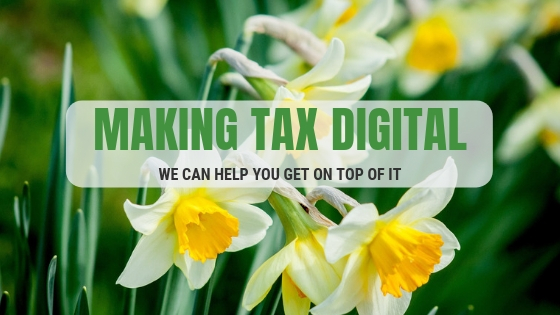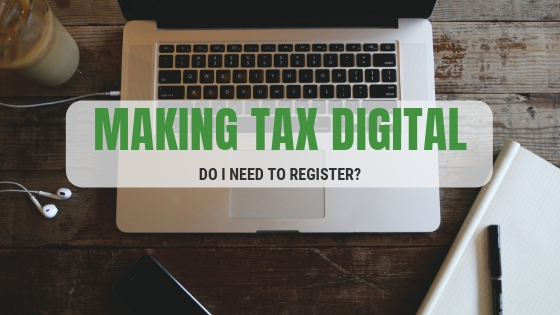
I’m a small business, do I need to register for Making Tax Digital (MTD)?
Let’s take a look at what Making Tax Digital means for you and your business as it might not be entirely clear. We’ve been receiving many questions from local businesses in Chessington about whether they need to register for Making Tax Digital.
So,what should I expect as a small business owner?
Well, first off, businesses to be affected by Making Tax Digital will be those businesses with a turnover above the VAT threshold, which is currently £85,000. They will need to keep digital records to keep their VAT compliant, and this will start from the FIRST VAT period starting on or after 1 April 2019.
An overwhelmed business owner will no longer be able to simply log in and key in their VAT figures in the HMRC. – alongside approximately 71% of small businesses. Instead, they must move to electronic uploads from their accounting software package to HMRC. This is, of course, as long as they meet the VAT threshold.
Making Tax Digital Software
The thing is, you need to be aware that HMRC will not be developing their own software for this function, so businesses will absolutely have to rely on software solutions that are already currently on the market. The likes of Xero, Quickbooks and Sage will handle this.
So, until this kicks in what can your business do in the meantime?
- Be aware of your VAT dates – or schedule an appointment with your accountant.
- Take a look at your existing accounting software – is it ready to handle Making Tax Digital with HMRC?
- Look over your current accounting processes (or speak with your accountant) – are you ready to process quarterly reporting?
- Avoid the associated penalties that will be automatically applied by ensuring that you meet the deadlines regardless of the situation.
These points are minor but also major at the same time. Making Tax Digital has been ramping up in momentum and there has been plenty of information regarding it – so you won’t be able to say that you didn’t know about it.
Initial costs of Making Tax Digital
Of course, many businesses will face additional one-off costs with Making Tax Digital. Buying new or upgrading hardware and software; time spent to set up the new software and to get familiar with it or reviewing your existing software, and possibly additional professional costs to facilitate the move to MTD. There’s also potential downtime on training staff and familiarisation with new or upgraded software and processes.
But this is a good thing right? Let’s look to the positives that businesses can take from embracing technological advances, especially over the last few years.
Cloud accounting – there are no hidden surprises. This is true for those who are tech savvy and snap happy chappies (this covers ladies too but chappies just rhymed better). Such as, making use of phone apps with optical character recognition (OCR) technology to take photos of their receipts, which feed directly into their accounting solution.
Now, businesses have access to real time information through seamless integration bank feeds that will help them keep a close eye on their weekly/monthly expenditure, for example.
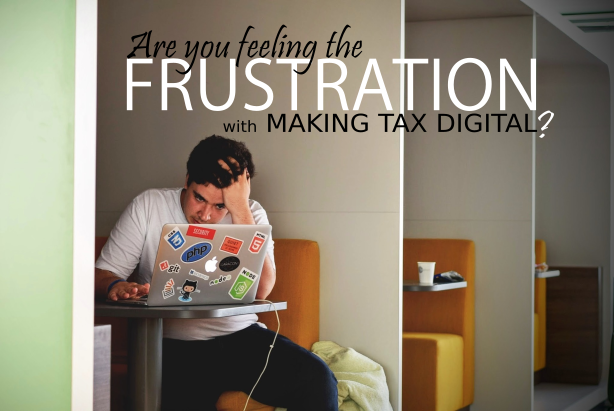
Some of the Making Tax Digital challenges
Some examples of the challenges that some businesses face with Making Tax Digital. For instance, not everyone is automatically tech savvy just because they run a business. And they are not necessarily equipped to handle Making Tax Digital. For others, some people still make payments by cheque (amazing isn’t it?). Or they are in an industry that is not particularly technical like farming or agriculture. Maybe they live out in the sticks and their internet connection is not high speed. Therefore uploading and downloading documents to their cloud software can be slower and I’m sure very frustrating.
